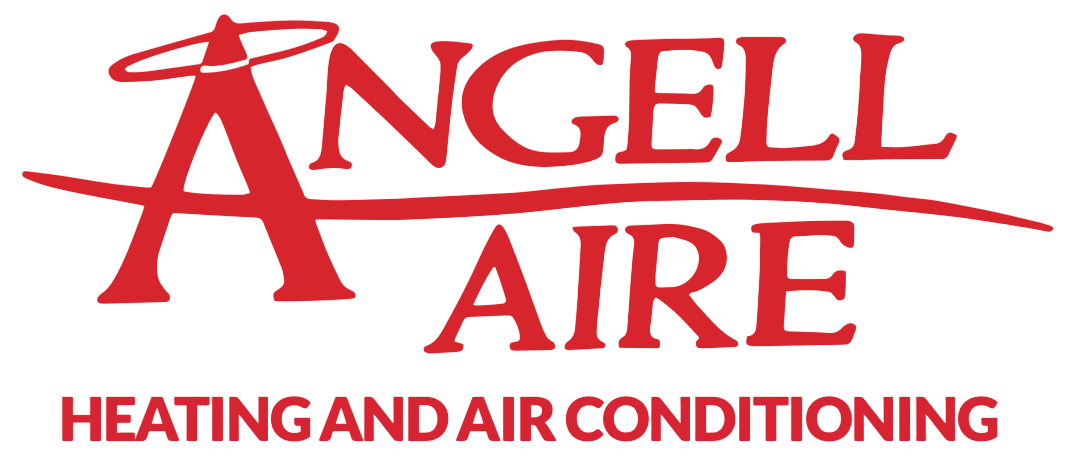We’ve all been lured by the excitement and trendy sophistication of the house-flipping industry, as showcased in popular shows like “Fixer Upper” and “Flip or Flop.” These programs not only give us insight into what it takes to update a home but highlight the potential value in such projects. And whether buying or selling, everyone wants their money’s worth. When looking to purchase a house that’s been recently renovated, however, there are important things to consider so you aren’t left with a beautifully decorated money pit.
For example, since flippers’ main objective is to make as much money as possible, they often “fix” hot spots of the home like kitchens and bathrooms but ignore less-obvious, more expensive projects that speak to the integrity of the structure. When looking around, especially at older houses, always ask about plumbing, roofing, windows, and HVAC systems so you know when they might be due for replacement.
While many flippers aren’t outright trying to cheat you, they often use the least expensive products to make the home appear updated and fresh without digging too deep into their pockets. It helps to familiarize yourself with flooring, especially, since certain kinds of carpet and laminate are easily damaged and need to be replaced at regular intervals.
What’s more concerning is when flippers know about structural damage and cover it up instead of repairing it. Unfortunately, issues with water damage, mold, and foundation irregularities are easy to hide with a fresh coat of paint or some handy woodwork. In other instances, renovations disregard homeowner association or city regulations and could leave buyers open to fines and/or further costs to bring the house up to code.
To protect yourself and ensure a flipped house has been adequately repaired, follow the tips below:
- Ask for information about the flipper’s contractor to ensure a licensed one was used.
- Request a comprehensive list of all work performed with any applicable warranties and receipts.
- Have a full inspection for mold.
- Check the attic and/or basement for signs of water damage and old wiring.
- Make specific inquiries about items such as windows, roofing, plumbing, water heaters and HVAC systems.
Few things are more alluring than a turn-key, fully up-to-date home. When properly fixed up, old houses retain their charm but provide the convenience of modern technology while keeping with current design trends. When you do your homework and ask the right questions, you have the best chance of enjoying your new home without worry.



